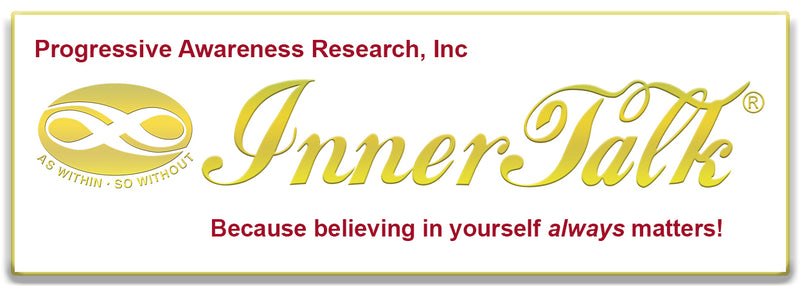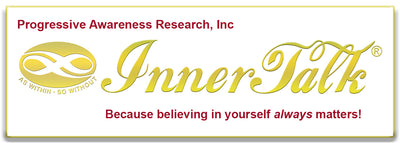Do Subliminal Self-Help Programs Work? (10) - Change
CHANGE

Most people would like to change something about their lives. For some, it’s getting a better job, or losing weight, or improving memory, or accelerating learning abilities, or adding charisma to their personalities and so forth. Indeed, there are very few who would find nothing they wished to improve or change.
What is change? The idea seems simple enough. To some, change is a thing. It is often thought of as something like a commodity. For example, one desires more prosperity in their lives. The evidence for their success is money. Okay, change in this instance is money. Right? No, money is only the outer symbol that represents change.
The agency of change is within each of us. It is not a thing. For someone to become more prosperous they must think in a different order or magnitude than one who is content with just getting by. At least one element in their life strategy alters before the change takes place.
Let’s say, for purposes of illustration, that our hypothetical individual, who wishes to be more prosperous, also was raised with the belief that money is the source of all evil. A subconscious strategy may therefore literally work to sabotage any effort to achieve real monetary success. In other words, in this instance, the ego perceives safety as avoiding evil/money.
Our hypothetical person may believe, on the other hand, that only money matters. Still, there could be subconscious strategies that get in the way. For example, assume that this person seeks to build a large company. However, they are afraid of public speaking. (Remember our earlier discussion?) How will they build a large and successful company without communicating? When will the fear (public speaking) strategy kick in and knock out the goal (large company) strategy? How will the two strategies compete?
Cognitive Dissonance
Competing strategies exist in nearly everyone. They often underpin what psychologists call cognitive dissonance, the process of holding two mutually exclusive beliefs without noticing the inherent opposition. Indeed, opposing strategies also lay beneath much of what is called sublimation, or the acting out of unacceptable fantasies in a socially acceptable way.
It is easy to see why change can be so difficult. Plus, change means giving something up. The something may be a counter productive belief, a competing strategy, and/or it may also be something tangible like the fulfilling feeling food holds for some. Giving something up means filling it with something else to most. The cigarette smoker wonders what will replace the cigarette, gum?
The giving up, like change itself, is only a thing in its outermost form. Giving up cigarettes is not really about the cigarette, but rather the feelings associated with the use of cigarettes. These feelings may have ten, twenty, thirty or more conflicting and competing strategies all balled up in one outward behavior.
Whenever one gives something up, they must also confront the so-called unknown. This often gives rise to feelings of uncertainty. Most people are very uncomfortable when they cannot predict their own feelings or responses. Fear of the unknown then becomes another obstacle in the path of one who chooses change.
Change can quite simply produce resistance! Resistance is the process of avoiding change. It can take many forms. Many of our users have reported just such resistance, and this is normal. Take for example the quote below from a letter sent to our offices by a registered nurse and counselor:
“. . . Include a section on what can come up to sabotage your attempts to change. My friend started listening to some of your programs and felt very uncomfortable. Of course, she is far enough along on her journey to know that this is resistance.”
Or this example:
“At first the music was pleasant enough, but after a while I couldn’t stand it. I nearly stopped using the program when it occurred to me that this could be resistance. As soon as I realized that, the music was once again pleasing.”
True change is never effortless! We believe that our technology provides for a process of change that has never been easier, but at that, you must be committed for change to occur.
Nothing changes until we change!

